A Glance At The First Nigerian Woman To Drive A Car
Countless women have done amazing things in the history of mankind, and some of these brave women defiled all odds to achieve these things. Most times, they had to rise above societal and gender restrictions to show that they can contribute to their society, positively.
From the pre-colonial era to post-colonial era of Nigeria, a notable number of women have had and are still having their names written in history books due to their remarkable achievements.
Some of these history makers include:
- Dr. Salamat Ahuoiza Aliu, the first female neuro-surgeon in West Africa;
- Olabisi Alofe-Kolawole, the first female Police Officer in Nigeria;
- Agnes Yewande Savage, first female doctor in Nigeria;
- Justice Aloma Mukhtar, the first female Chief Judge of Nigeria;
- Madam Efunroye Tinubu who was the first Nigerian woman to buy a car, to mention a few.
Who was the first Nigerian woman to drive a car?
According to OldNaija’s findings, two out of every ten Nigerians, on a daily basis, ask questions like “who was the first woman to drive a car in Nigeria?”/”who was the first Nigerian woman to drive a car?”
The first Nigerian woman to drive a car was no person other than Chief (Mrs) Funmilayo Anikulapo Ransome-Kuti, the Matriarch of the Ransome-Kuti clan and the mother of Fela Anikulapo Kuti, the pioneer of Afrobeat, who like herself was an activist with keen interest in kicking against the inhumane acts of the government.
Debates and arguments usually come up regarding history putting Chief Olufunmilayo Ransome-Kuti as the first woman in Nigeria to drive a car.
Some sources claimed that she couldn’t have been the first woman to drive a car in Nigeria but the first Nigerian woman to drive with a driving license. Nevertheless, this doesn’t change the records of history as Mrs Ransome-Kuti still keeps the title till date.
Chief Funmilayo Ransome-Kuti was born on the 25th October, 1900 in Abeokuta, the capital of present-day Ogun State, Nigeria. She grew up to become a teacher, fearless women’s rights activist, political maverick and traditional elite.
Described by the West African Pilot in 1947 as the “Lioness of Lisabi”, Funmilayo Ransome-Kuti proved herself worthy of the title as she successfully led campaigns against harsh and unfair policies of the government one of which forced the Alake of Egba, Oba Ademola II into exile in 1948.
Funmilayo Ransome-Kuti didn’t just live as any other woman with wealth and means; she made sure other privileged women around her engaged in charity called the ‘Abeokuta Ladies Club’ (which later metamorphosed into Abeokuta Women’s Union) committed to defending women’s political, social and economic rights with about 20,000 women as members.
In a society where women were and are still considered inferior to men, Funmilayo Ransome-Kuti didn’t only show women can do whatsoever they set their minds to, but also can contribute to community and nation building.
Thanks for reading, OldNaija.com
References:
- Funmilayo Ransome-Kuit and the Women’s Union of Abeokuta; UNESCO; Unesbib; 2014
- Modupeolu Faseke (2001). The Nigerian woman: her economic and socio-political status in time perspective. Agape Publications. ISBN 978-9-783-5626-53.
- Kathleen Sheldon. Historical Dictionary of Women in Sub-Saharan Africa. Rowman & Littlefield; 2016
Kindly join the discussion using the comment box below and do not forget to share on social media.
Questions? Advert? Click here to email us.


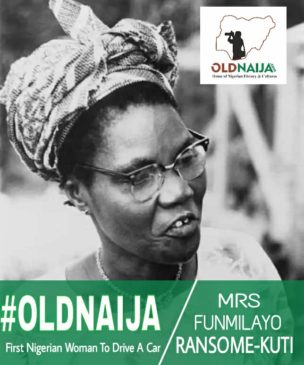

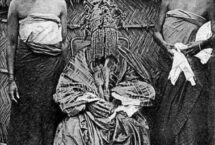




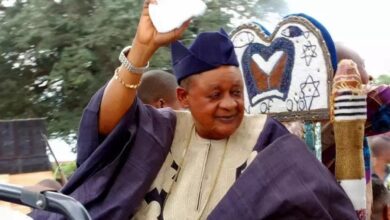
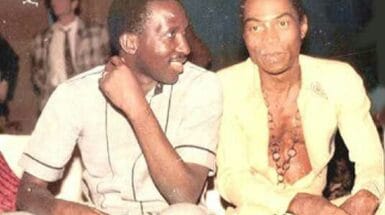


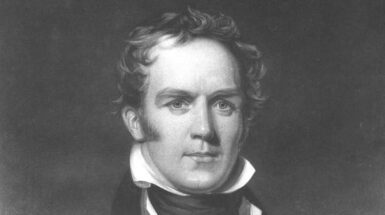
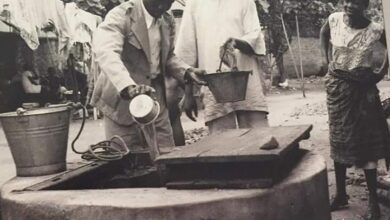

Nice article you have up there. It’s educating and enlightening. I’ll be spending a lot of time on this blog, the contents are spellbinding. The Kutis are one great family in Nigeria, their contributions to Nigeria cannot be underestimated at all. Let’s leave it that way, she was the first woman to drive a car in Nigeria.
The fact that you always provide evidences in form of references makes me trust this platform to the core. Thank you for your hard work. Is there anyone dragging this position with Ransome Kuti? That would be a waste of time, saliva and energy.
Well, like you said, she still and will always hold the title of being the first woman to drive a car in Nigeria. Nothing can change that. But, if this matter is researched to an extra further length, you might discover with evidence(s) that she wasn’t the first to drive a car in Nigeria. Thumbs up, old naija. You’re doing a very great work here.
Can we know the exact date she drove the car?